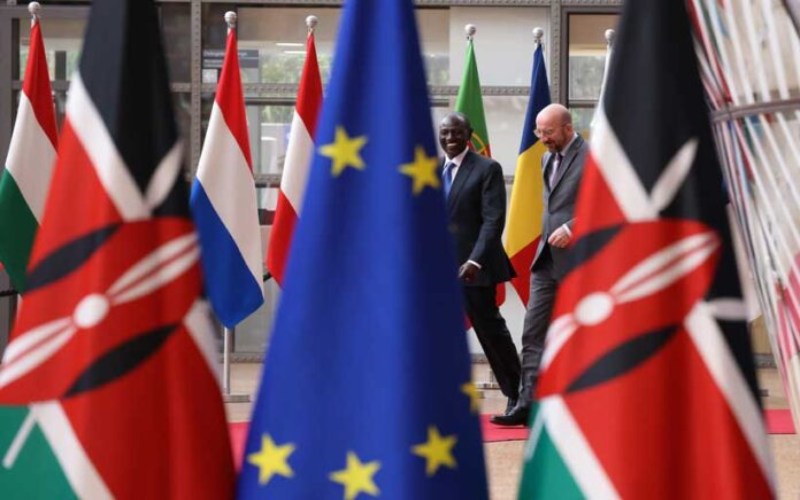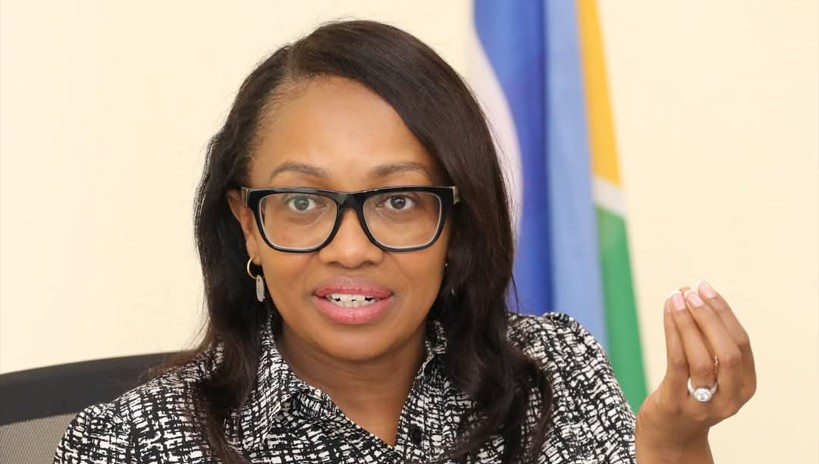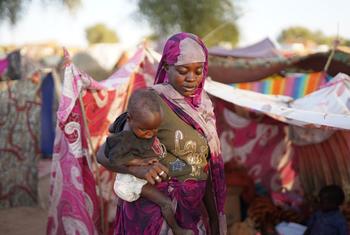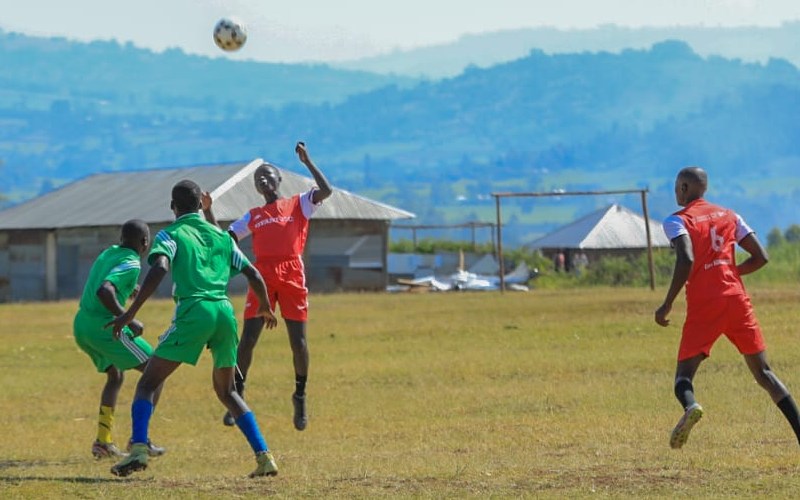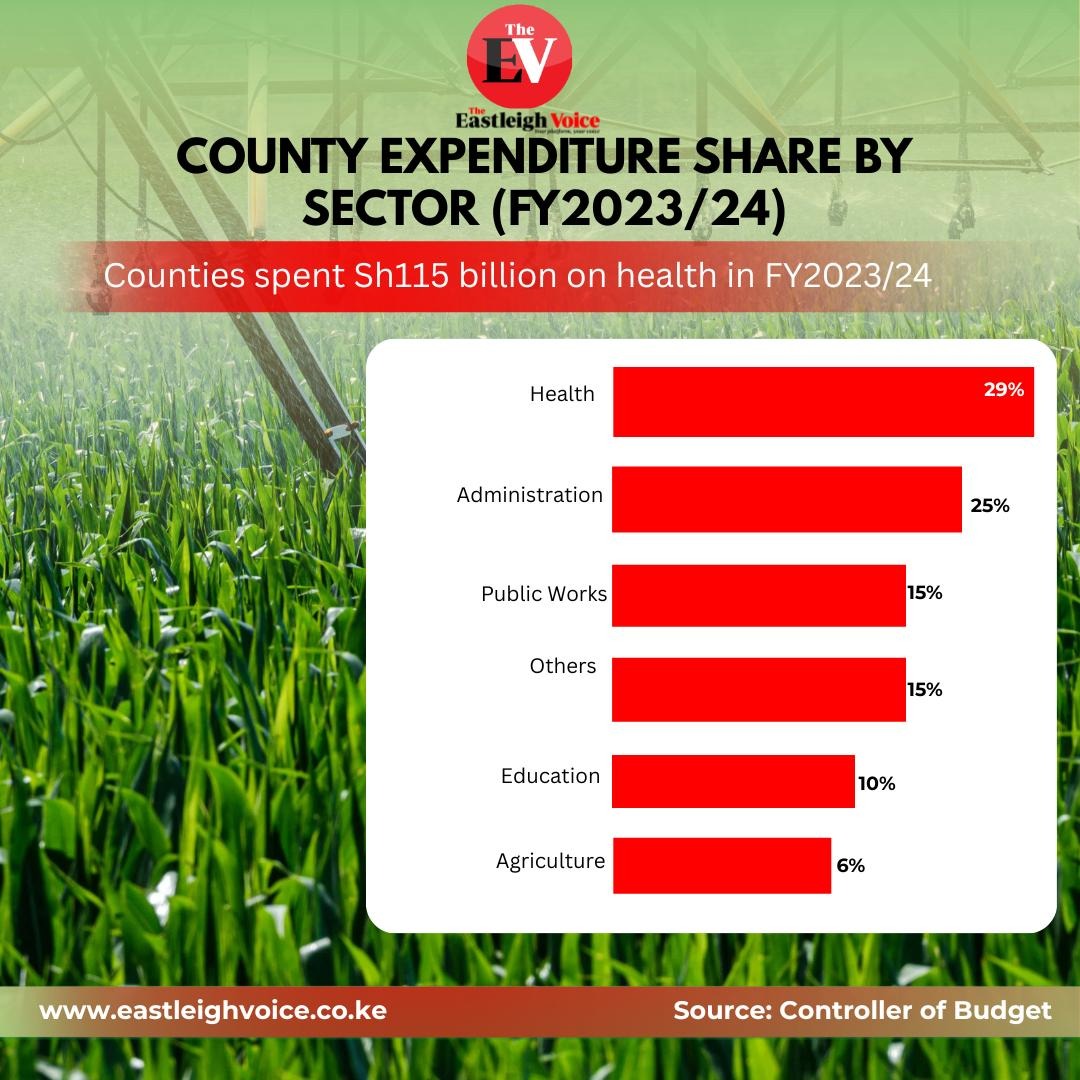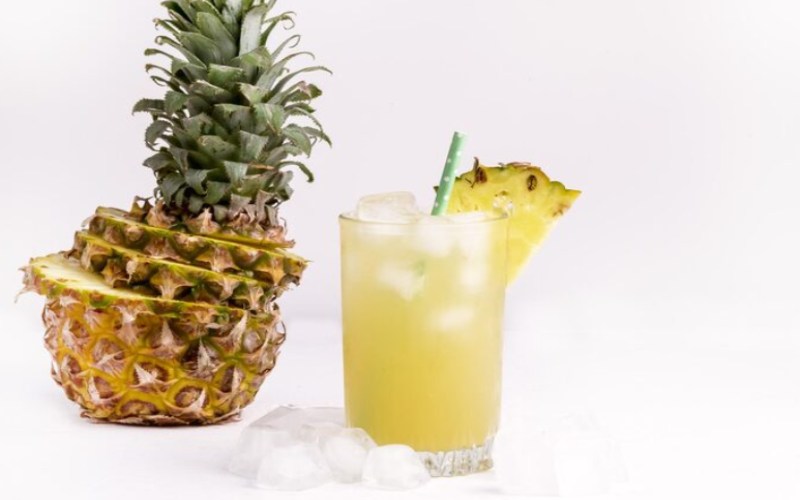How table banking is transforming women's lives in Kwale County
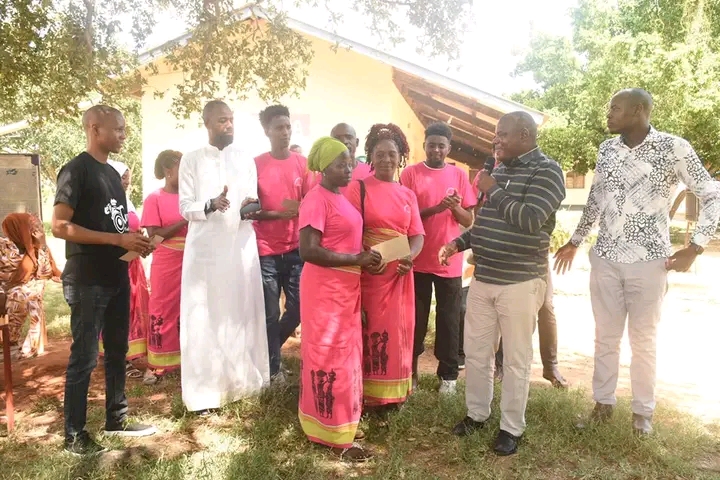
Kisanduku has offered a lifeline for many women living in the rural parts of Kwale County.
Zainabu Mgadi a 23-year-old from Vigurungani in Kinango sub-county is a proud owner of two bulls and a cow thanks to table banking.
Mgadi says she was convinced to join a savings group after observing her mother engaging in table banking commonly known as Kisanduku when she was younger.
More To Read
- Kwale County selected for UN-led gender-responsive blue economy programme
- Over 70 trained in aquaculture to boost fish farming profits in Taita Taveta
- CBK extends operating hours for high-value transactions by four hours, starting July 1
- Kwale governor mandates contracts for women, youth-owned firms in bid to fight poverty
- Kwale’s community wellness fun day reconnecting parents with their children
- Kwale County breaks ground on Sh4.1m curving workshop for local traders
Yearly her mother's group will hold a ceremony to break Kisanduku and then divide the money amongst the members.
"In my mother's group, members used to contribute whatever amount they had on a weekly basis then at the end of the year each member would be given whatever they have saved," she says.
She saw the saving culture as a good initiative and decided to join a table banking group after I cleared secondary school.
Mgadi however decided to join a group that has more flexibility as compared to her mother's group.
"I wanted to start a business so I could not save for a whole year. I joined a group where members are able to take loans, and even earn dividends," she said.
Mgadi took a Sh5,000 loan and invested in a snack business.
"Here fried potatoes do very well. So I took a loan bought the raw materials and started my business. I paid back Sh 5,500 after six months," she said.
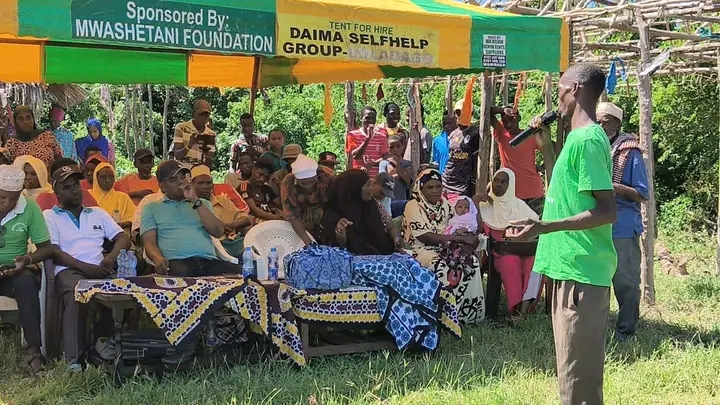 Members of the Daima self-help group from Tswaka during their Kisanduku breaking ceremony on May 18, 2024. (Photo: Mishi Gongo)
Members of the Daima self-help group from Tswaka during their Kisanduku breaking ceremony on May 18, 2024. (Photo: Mishi Gongo)
Lifeline
Mgadi is not the only woman in Kwale who engages in table banking. Kisanduku has offered a lifeline for many women living in the rural parts of Kwale County.
Following empowerment programmes by the county, many women now have embraced table banking to improve their lives.
The rules of the initiative vary with the groups.
Some groups contribute money and save it in a locked box at home which is only opened when a member wants to take a loan while others save the members' contribution in financial institutions and earn interest from their savings.
Also, some break the kisanduku quarterly while others do it annually.
The contribution in some groups is weekly, or monthly and some do it every day after they close their businesses at the end of the day.
The women usually hold a kisanduku-breaking ceremony where they prepare food and music before diving the money.
Unlike in the past when women used to use cash to buy personal effects like lesos and jewellery, more women now have moved to invest the cash in productive use such as buying land, animals, or constructing houses.
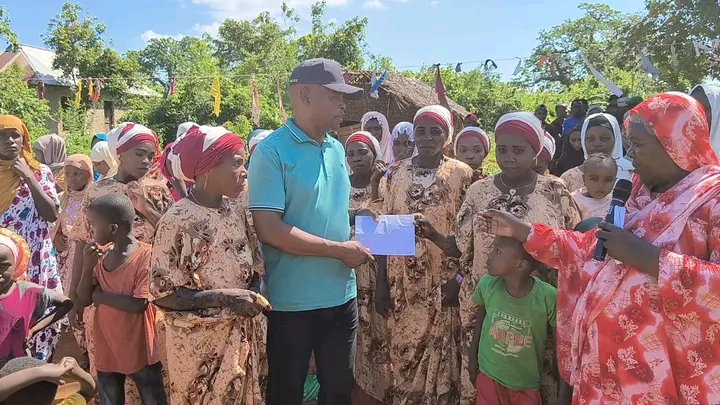 Kwale County political and policy advisor Mshenga Ruga handing over a cheque to Daima self-help group. (Photo: Mishi Gongo)
Kwale County political and policy advisor Mshenga Ruga handing over a cheque to Daima self-help group. (Photo: Mishi Gongo)
"Before we did not know how to put the money into good use. Some would give their husbands the money and they would waste it on alcohol and women while others would just invest in dresses. But now we use the money for self-improvement," said Mesaidi Khalifani a member at Daima self-help group in Tswaka.
Daima self-help group consist of 20 members who are all women while Ujuzi group consist of 15 members men and women.
The women said the table banks have enabled them to cut the dependency chain and have a say in their families.
"In Kinango incidents of Gender-Based Violence were rampant but have now gone because of how women have learned how to make money and own assets," said Maria Kilonzo.
Kwale deputy governor Chirema Kombo applauded the women and encouraged them to continue engaging in activities that empower them.
Top Stories Today

